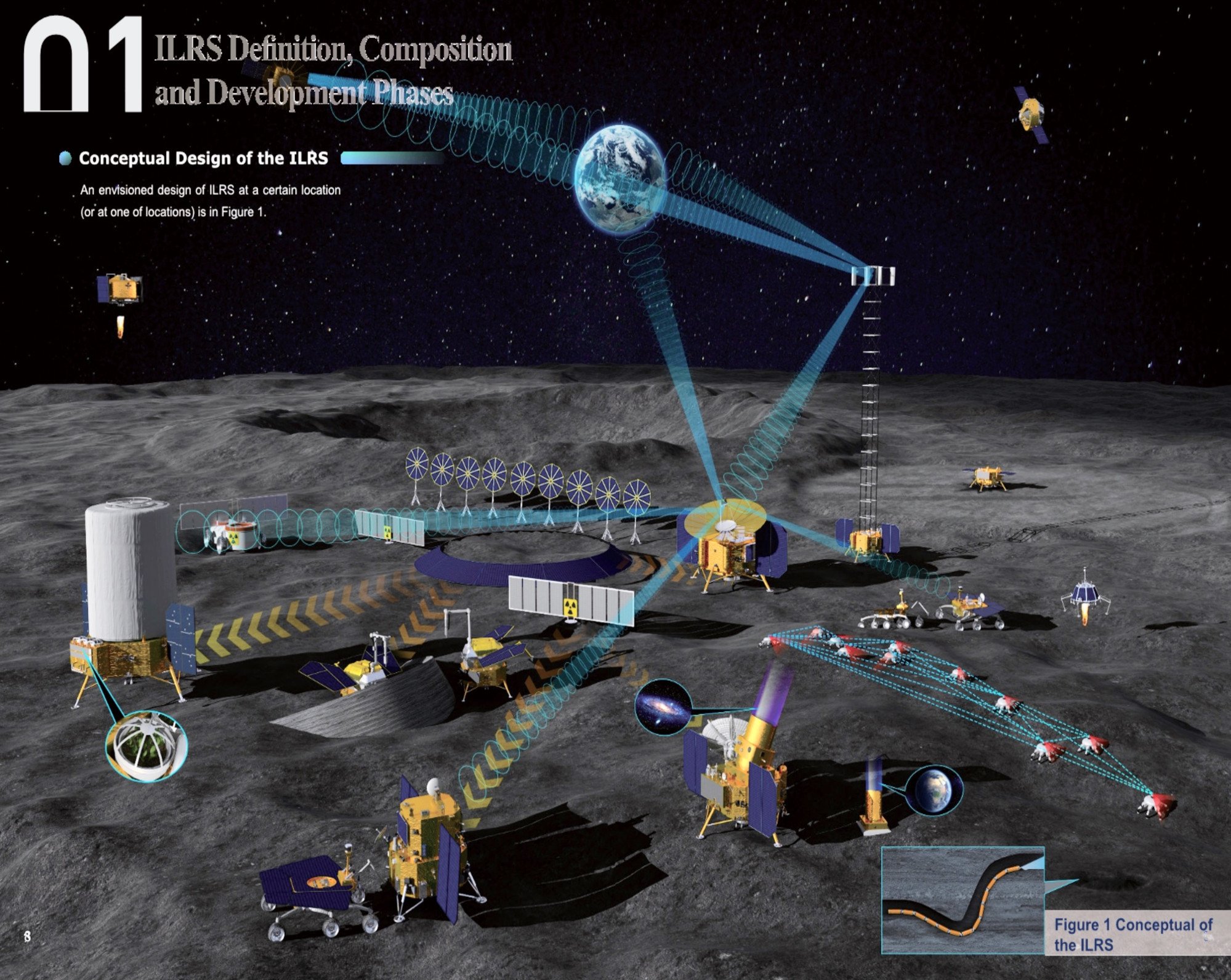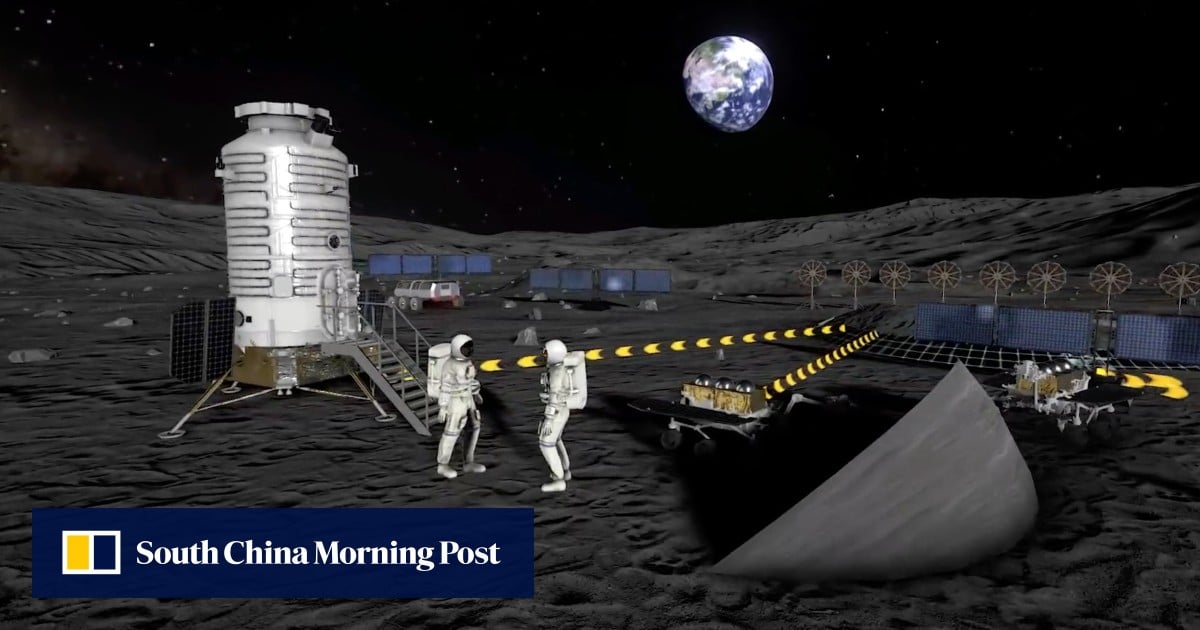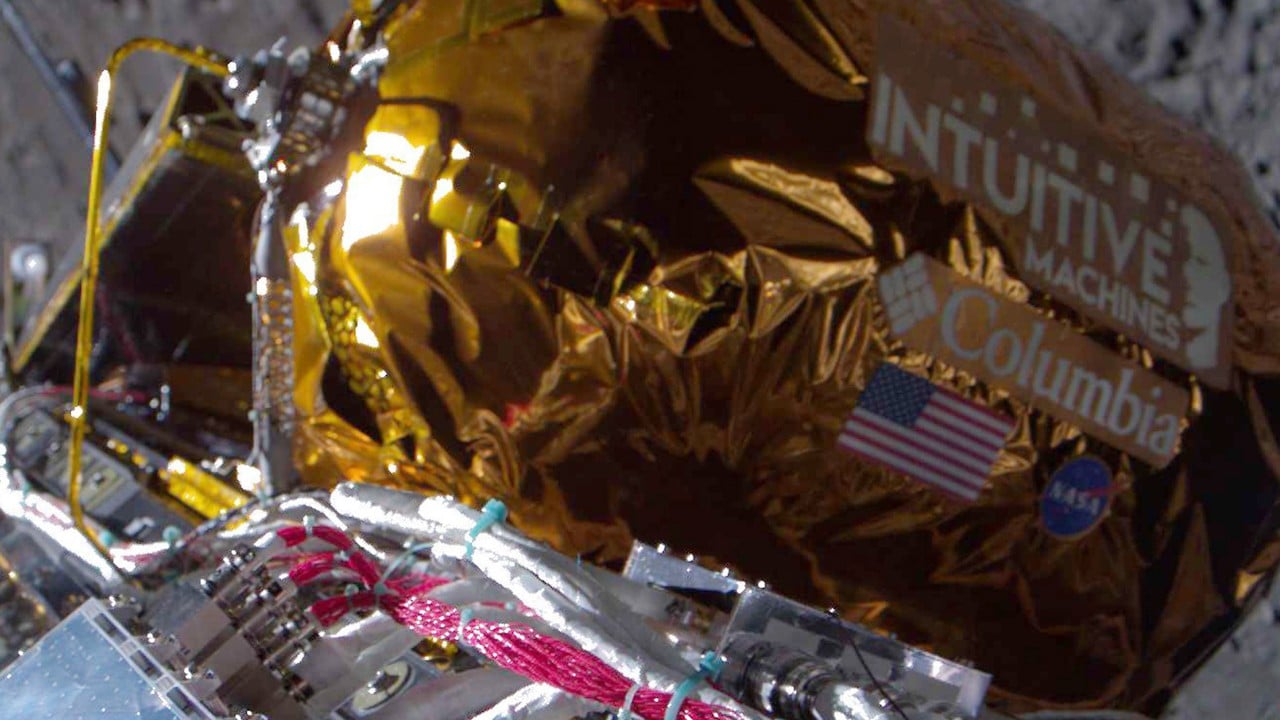Turkey applies for China-Russia moon project over US-led programme: reports
The move “represents a new chapter in Turkey’s quest for a robust presence in space research and exploration,” the Istanbul-based Turkiye Newspaper wrote.

Turkey’s application was also confirmed by Anatoly Petrukovich, director of the Space Research Institute under the Russian Academy of Sciences, at a press conference in Moscow, according to the Russian state-owned news agency RIA.
John Sheldon, co-founding managing partner of the London-based space consulting company AstroAnalytica, said he was not surprised Turkey was interested in joining the ILRS initiative.
Turkish involvement would benefit China given its space ambitions and programmes, with the implication of potential budget and technological contributions, he told the South China Morning Post via email on Wednesday.
Turkey has a space programme that includes building its own sophisticated satellites and space launch capability. It also has a lunar exploration programme that aims to make a hard landing on the lunar surface in 2026 to test key technologies, and to send a probe to orbit the moon by the end of the decade, he said.
In addition, the country has a fast-developing space industrial base and research capabilities. As a nascent space power, Turkey might have more to offer than some current ILRS member nations, implied Sheldon who also runs the Lunapolitics Substack page.
The move would also serve Ankara’s geopolitical goals, he said, as its foreign policy was going through a significant transition from being a Western-oriented country to looking increasingly towards the east and south.
Under President Recep Tayyip Erdogan, Turkish relations with the European Union, Nato, and the United States have become increasingly strained – and even estranged – Sheldon said. As a result, it was looking to exert influence as well as distance itself from the Western geopolitical agenda.
Surveillance on the moon? China to take its mass camera network to outer space
Surveillance on the moon? China to take its mass camera network to outer space
“This means that Turkey is increasingly engaging with China and Russia. While there are particular differences with Moscow, Ankara finds its interests align with those of Beijing and Moscow on a range of issues in these regions,” Sheldon said.
He said there were political implications of Turkey joining the ILRS – instead of joining the US-led Artemis Programme which is viewed as a rival to the ILRS.
“It may be seen in the West as another nail in the coffin of what was once a close and important relationship,” he said.
If Turkey’s application is accepted, it would be the 10th nation member of the China and Russian-led moon base project, following Venezuela, Pakistan, Azerbaijan, Belarus, South Africa, Egypt and Thailand.
However, the Artemis Accords are different from the Artemis Programme, and agreeing to some principles does not necessarily mean the signatory is part of the Nasa-led plan to establish a permanent base on the moon and enable human missions to Mars, observers have warned.



